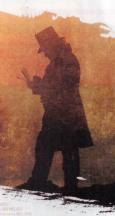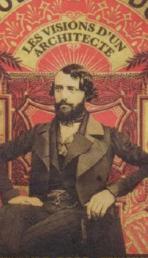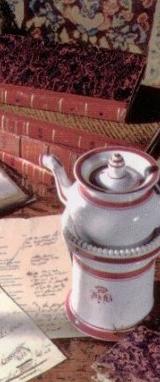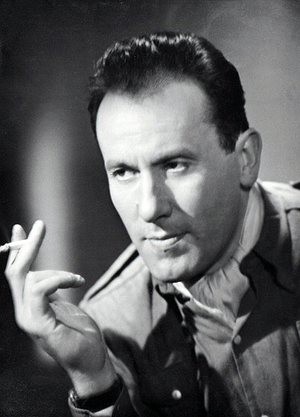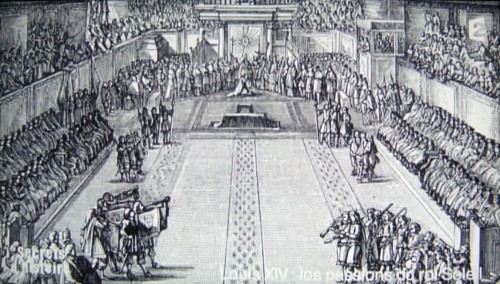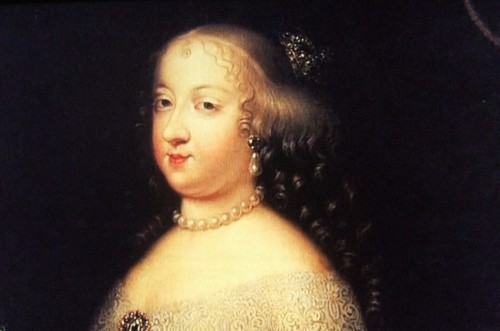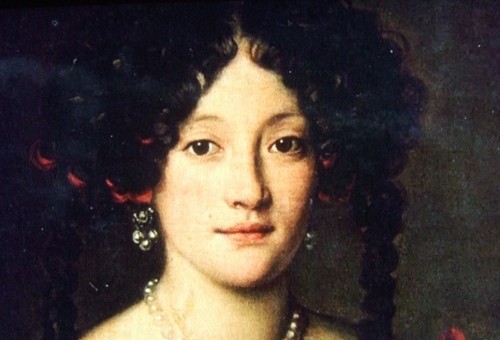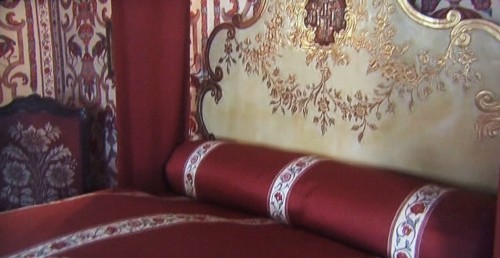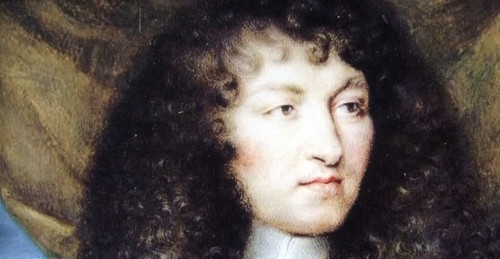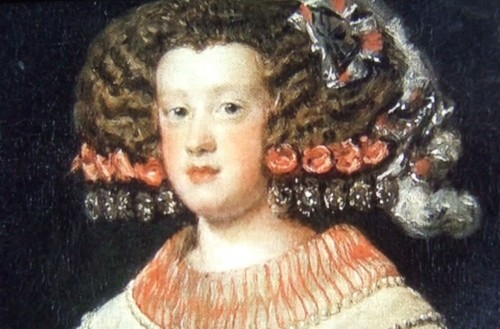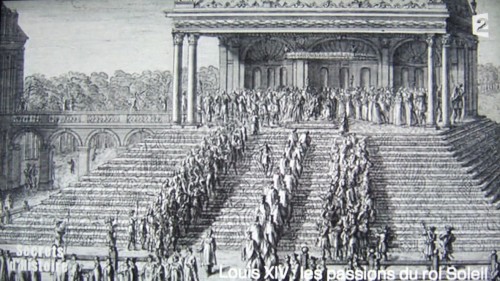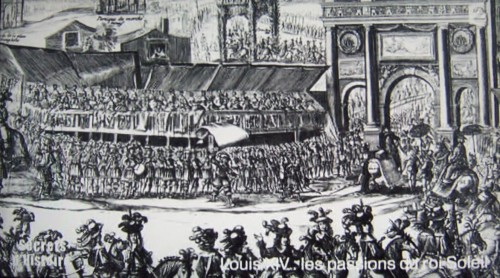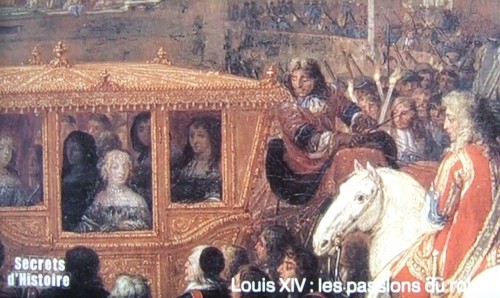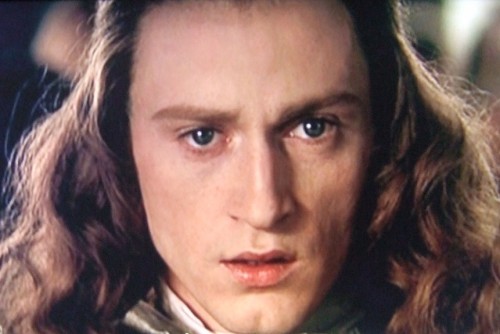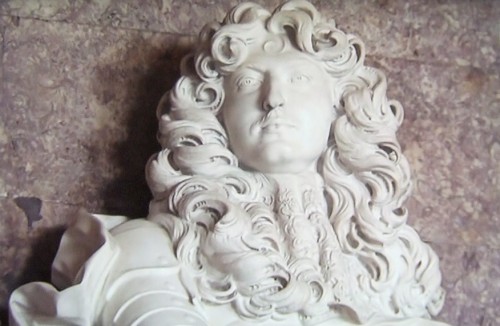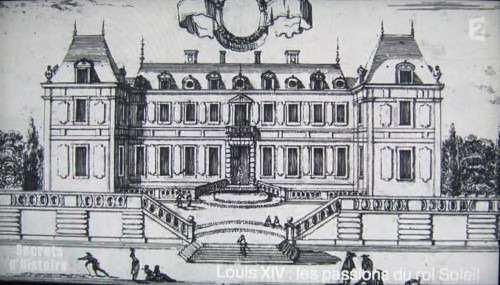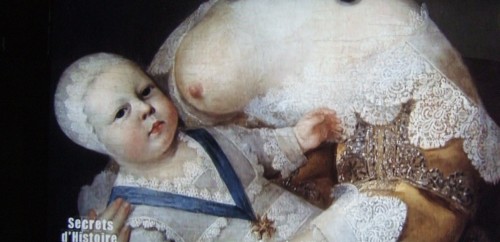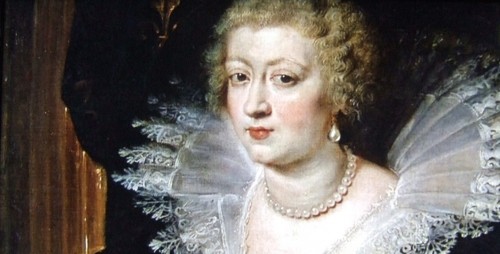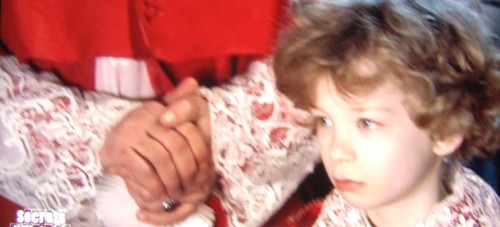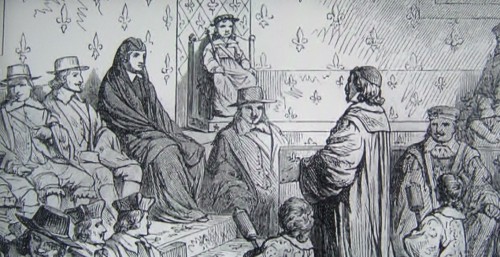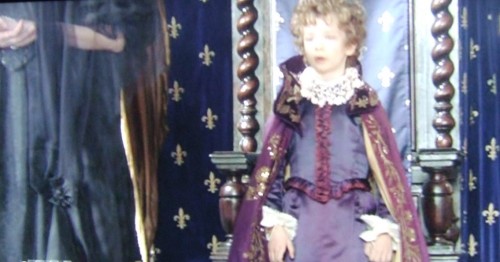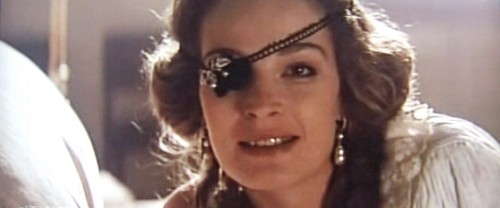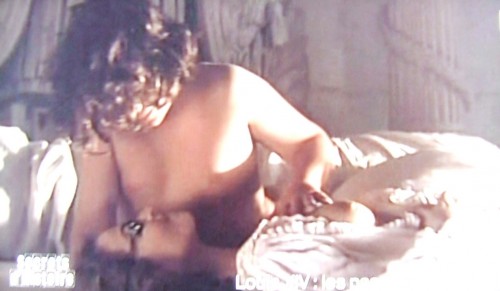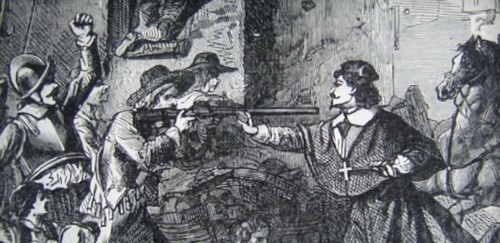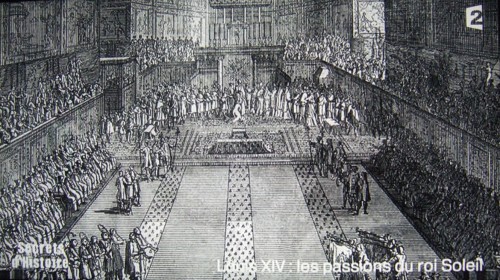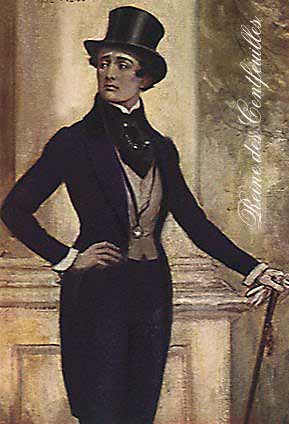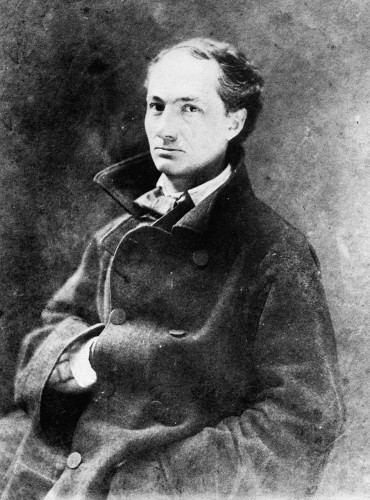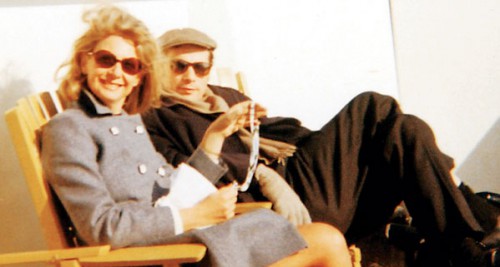dimanche, 11 janvier 2015
7 janvier 2015 +
Grand Corps Malade & John Mamann
https://www.youtube.com/watch?v=U2a79-0QuGo
7 janvier 2015, j'ai pas envie d'aller au lit
Je préfère prendre un stylo car ce soir je suis Charlie
Ces artisans de la liberté ont rencontré leur destinée
Ce soir j'écris pour eux parce que je sais pas dessiner
Soyons 66 millions à avoir la même idée
Pour que leur cartouche d'encre à eux ne soit plus jamais vidée
Laissons des traces indélébiles pour que l'avenir puisse savoir
Que leur talent et leur courage ne vivent pas que dans nos mémoires
Ecrivains, paroliers, dessinateurs, grapheurs
Musiciens, poètes, peintres et sculpteurs
Célébrités, anonymes, professionnels et amateurs
Faisons en sorte que cet élan s'affiche plus loin que sur Twitter
Des hommes sont morts pour défendre la liberté d'expression
Mais leurs idées doivent rayonner, ne subir aucune pression
Contre l'obscurantisme, avec honneur et insolence
A nous de prendre les crayons pour que leur combat ait un sens
J'ai mal à l'être humain, comment en est-on arrivé là ?
Perdue dans ce vacarme, la fraternité chante a capella
La barbarie grandit sans aucune trace de dignité
En 2015, le monde a perdu toute humanité
Si seulement les mois qui viennent pouvaient me faire mentir
Si seulement ce drame abjecte pouvait nous faire grandir
Puissions-nous nous réunir pour croire ensemble à l'embellie
Quoi qu'il advienne j'ai un stylo, car ce soir je suis Charlie
http://www.programme-tv.net/news/tv/61344-je-suis-charlie...
10:22 Publié dans Musique, Portraits de personnalités, Revue de presse | Lien permanent | Commentaires (0)
samedi, 27 décembre 2014
Clair obscur
07:00 Publié dans Les mots français, Portraits de personnalités | Lien permanent | Commentaires (0)
mercredi, 17 décembre 2014
Oeuvres (in)sonores et mesostic - John Cage, Pierre Soulages
Pour une œuvre insonore/insensée
Pour deux œuvres sonores/sonnées
Pour un mesostic animé en musique
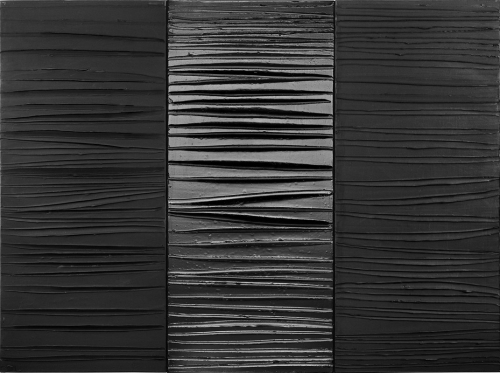
Triptyque, Pierre Soulages
http://www.mba-lyon.fr/mba/sections/fr/collections-musee/vie-des-collections/acquisition-soulages/
Pour une œuvre insonore/insensée
Quatre minutes trente trois - John Cage
Version orchestre
https://www.youtube.com/watch?v=zY7UK-6aaNA
Version piano
https://www.youtube.com/watch?v=JTEFKFiXSx4
Partition
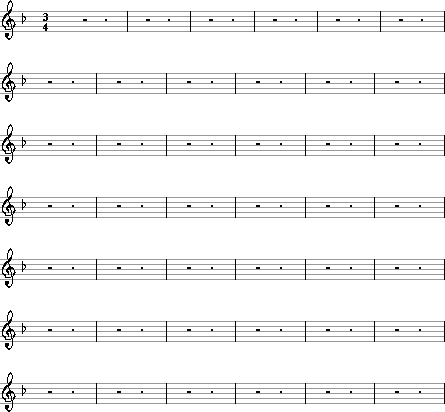
http://www.knovart.fr/index3.html
¤
¤ ¤
Pour deux œuvres sonores/sonnées
Water Walk - John Cage
Interview télévisée, 1960
https://www.youtube.com/watch?v=SSulycqZH-U&index=2&list=RDzY7UK-6aaNA
Sonatas & Interludes
Avec partition, années 1940, à rapprocher de la citation plus bas
https://www.youtube.com/watch?v=8fPSz-o4zzY&index=6&list=RDzY7UK-6aaNA
https://www.youtube.com/watch?v=pUTXNxFvjDw&list=RDzY7UK-6aaNA&index=10
¤
¤ ¤
Source : http://johncage.org/autobiographical_statement.html
When I wish as now to tell of critical incidents, persons, and events that have influenced my life and work, the true answer is all of the incidents were critical, all of the people influenced me, everything that happened and that is still happening influences me.
My father was an inventor. He was able to find solutions for problems of various kinds, in the fields of electrical engineering, medicine, submarine travel, seeing through fog, and travel in space without the use of fuel. He told me that if someone says "can't" that shows you what to do. He also told me that my mother was always right even when she was wrong.
My mother had a sense of society. She was the founder of the Lincoln Study Club, first in Detroit, then in Los Angeles. She became the Women's Club editor for the Los Angeles Times. She was never happy. When after Dad's death I said, "Why don't you visit the family in Los Angeles? You'll have a good time," she replied, "Now, John, you know perfectly well I've never enjoyed having a good time." When we would go for a Sunday drive, she'd always regret that we hadn't brought so‑and‑so with us.[...]
When I was young and still writing an unstructured music, albeit methodical and not improvised, one of my teachers, Adolph Weiss, used to complain that no sooner had I started a piece than I brought it to an end. I introduced silence. I was a ground, so to speak, in which emptiness could grow. [...]
I don't know when it began. But at Edwin Denby's loft on 21st Street, not at the time but about the place, I wrote my first mesostic. It was a regular paragraph with the letters of his name capitalized. Since then I have written them as poems, the capitals going down the middle, to celebrate whatever, to support whatever, to fulfill requests, to initiate my thinking or my nonthinking [...]. I have found a variety of ways of writing mesostics: Writings through a source: Rengas (a mix of a plurality of source mesostics), autokus, mesostics limited to the words of the mesostic itself, and "globally," letting the words come from here and there through chance operations in a source text. [...]
Pour un mesostic animé en musique

http://movingpoems.com/2013/09/mesostic-dancersuchands-by-john-cage/
07:09 Publié dans Beaux-Arts, Farce et attrape, Musique, Peinture, Portraits de personnalités | Lien permanent | Commentaires (0) | Tags : johns cage, soulages, mesostic
samedi, 06 décembre 2014
Louis XIV # 2
Documentaire Secrets d'histoire : Louis XIV, les passions du roi-soleil (durée 1h30)
Depuis son sacre, Louis XIV aurait le don de guérir les écrouelles.
Louis XIV doit épouser sa cousine germaine, l'infante Marie-Thérèse.
Mais il vit sa première histoire d'amour avec Marie Mancini, la propre nièce de Mazarin. Elle aimait la poésie, la littérature, les arts auxquels elle a initié Louis XIV. Elle était maigre.
Le 6 juin 1660 à Saint-Jean de Luz, on célèbre le mariage franco espagnol. Quinze mille personnes auraient voulu pouvoir entrer à l'église saint Jean Baptiste.
La chambre de noces où Louis XIV découvre l'infante Marie-Thérèse d'Espagne.
Paris accueille sa nouvelle reine. Marie-Thérèse n'est pas grande, son visage est lourd et rose. Elle n'est pas éclatante et le roi va se lasser d'elle.
Il commence par tomber amoureux de Louise de Lavallière, demoiselle d'honneur d'Henriette d'Angleterre. Sa beauté est délicate, elle est indifférente aux biens matériels.
Mazarin décède. Louis XIV règne par lui-même à vingt-deux ans.
à suivre...
07:00 Publié dans Beaux-Arts, Documentaires, Films historiques, littéraires, N&B, biopics, Gravure, Les mots des films, Peinture, Portraits de personnalités | Lien permanent | Commentaires (0) | Tags : louis, xiv, 14, roi, soleil, versailles
vendredi, 05 décembre 2014
Louis XIV # 1
Documentaire Secrets d'histoire : Louis XIV, les passions du roi-soleil (durée 1h30)
Louis XIV, une naissance tardive.
Un frère.
Très choyé par sa mère, Anne d'Autriche.
Le cardinal Mazarin, premier ministre, éduque le jeune roi jusqu'à l'âge adulte.
Louis XIV assiste à son premier conseil à l'âge de cinq ans, selon la volonté de Mazarin.
De nature robuste plutôt qu'intellectuelle et aimant le plein air, il recevra un riche enseignement en latin, mathématiques, escrime, luth, guitare,...
Catherine-Henriette Bellier, dite Cateau-la-borgnesse, la baronne de Beauvais, à qui il manquait un œil, l'éveille aux femmes.
La révolte de la fronde qui dure cinq an, alors que Louis XXIV en est un spectateur âgé de seulement dix ans, remet en cause l'autorité de Mazarin. Louis XIV est alors sensible à l'ordre qu'il veut rétablir, il veut maintenir l'harmonie et éviter la violence.
Il est sacré à seize ans roi de France en la cathédrale de Reims, où il reçoit l'épée, le sceptre et la couronne.
à suivre...
07:00 Publié dans Beaux-Arts, Documentaires, Films historiques, littéraires, N&B, biopics, Gravure, Les mots des films, Peinture, Portraits de personnalités | Lien permanent | Commentaires (0) | Tags : louis, xiv, 14, roi, soleil, versailles, france
jeudi, 27 novembre 2014
Le dandysme, antidote à la procrastination - Baudelaire
The following is written by Tamara Spitzer-Hobeika, who also held a discussion during the Procrastination Seminar about ‘Baudelaire’s dandy: the anti-procrastinator’ on October 29th 2014 in the Old Library, All Souls College, Oxford.
List of all speakers.
Source : "Baudelaire and procrastination : the flâneur, the dandy, and the poet", Tamara Spitzer-Hobeika, 14 octobre 2014
http://procrastinationoxford.org/2014/10/14/baudelaire/
Il n’y a de long ouvrage que celui qu’on n’ose pas commencer. Il devient cauchemar.
The only difficult work is that which we dare not begin. It becomes a nightmare.
—Charles Baudelaire
These words by the accursed poet, the writer of beautiful spleen and terrifying idéal himself, are a perfect mantra for anyone experiencing the entrancing throes of procrastination.
The sentence that follows them in his Journaux Intimes (1887)—“By putting off what one has to do, one runs the danger of never being able to do it”—confirms that Baudelaire was no stranger to procrastination. Since he speaks of it as danger, risk, or haunting nightmare, it is not surprising that he also offers thoughts on how to counter its siren call.
A few lines further, in a section titled “Hygiene. Morality. Behaviour.”, Baudelaire makes this note-to-self: “An abridgement of wisdom. Grooming, prayer, work.” As editor Claude Pichois explains, the poet viewed the ritual of prayer as a process through which to gather his spirits, focus on his work, and enhance his determination.
Indeed, although Baudelaire penned the figure of the flâneur who whiles away the hours in observant but unproductive wanderings, his journals show that he actually aspired to a work ethic that defies procrastination (“Work tirelessly six days a week”)—and that there is another key figure of his oeuvre which is closely connected to this preoccupation with time and creation: the dandy.
In his essay The Painter of Modern Life (1863), Baudelaire depicts the dandy as a man stoically devoted to “cultivat[ing] the idea of beauty” in himself, assiduously crafting his existence into a work of art. While some are quick to discard the dandy as a superficial figure, the Journaux Intimes underline that Baudelaire’s dandy has depth: he is the “superior man”, who must “be sublime without interruption” and even “like to work”, so long as it is not for the mundane purpose of making a living—since he is by definition, as is clearly stated, wealthy and powerful enough to not be concerned with such trivialities.
The dandy’s meticulous grooming and steadfast commitment to sustaining a cold, proud façade (he has an “unshakable resolve not to be moved”) are less frivolous than popular opinion would have it: as Baudelaire’s above note-to-self indicates, they are an antidote to procrastination, a morally-driven behaviour at the service of creation. By dedicating his every minute to embodying his aesthetic ideal, unperturbed by the rest of the world, the dandy’s mere being—both in appearance and thought—is art, without having to produce anything outside of himself.
The poet, however, does not necessarily have this luxury. In his poem “La Fin de la Journée” from the iconic Fleurs du Mal (1857), Baudelaire writes that a poet always welcomes nighttime with a relieved “At Last!”—not only because he revels, in romantic fashion, in its soothing shadows, but also because it “erases everything, even shame”. Tormented by the pressure of time and productivity (daytime is “pushy and shrill” in the poem), the poet feels at home in the moment at which rest and sleep (darkly likened to entombment) are expected.
As evident in the use of the words ‘erase’ and ‘shame’, artistic self-doubt looms behind the poet’s procrastinatory tendency and his desire for respite from, even destruction of, his work. In Baudelaire’s “Le Confiteor de l’Artiste” (from the prose poetry collection, Le Spleen de Paris, 1869), the speaker, in awe of the splendour and vastness of the world, confesses: “The study of beauty is a duel in which the artist screams out of fear before being vanquished.” The poet is paralysed by the beauty that he sees in the light of day, unsure he will be able to match its wonder.
The dandy, untroubled by ordinary considerations or feelings (deadlines, bills, or low self-confidence are foreign to him), is indefatigably focused on being his own masterpiece (he must even “sleep in front of a mirror”, according to the Journeaux Intimes). The poet, confronted with the realities of life and his own anxieties, instead finds solace at night, when the spectre of what has not been achieved during the day fades. He can then stop writing and revising—or on the contrary, stop putting it off and quietly start all over again—liberated by the sense that the late hours demand nothing from him, that darkness is a blank slate.
Baudelaire’s work is a Pierian spring for procrastinators. The flâneur, who merely promenades through the modern city, without aiming to create anything, may be the first of Baudelaire’s key figures to come to the procrastinator’s mind: how could the freedom of idling along the streets with no obligation not be tempting when faced with a daunting task? Moreover, as is commonly accepted, a stroll may spark renewed creativity (though that is not what the true flâneur seeks).
Yet Baudelaire’s oeuvre presents an alternate figure for procrastinators to draw inspiration from: the dandy, who pledges his life so entirely to his aesthetic principles (in a manner assimilated to ‘spiritualism’ in the author’s essay) that his every move serves to realise them. Those who have creative rituals may find a new spiritual leader in Baudelaire’s dandy and challenge themselves to emulate the constancy underpinning his sartorial and behavioural choices. As we have seen, Baudelaire apparently practiced prayer—as well as perfect dress—to concentrate his creative energy.
Nevertheless, given that neither of these “ideal” figures (who, it is important to note, are not in fact procrastinators, since they are not required to produce anything to begin with) represents a tenable way of life for the average person in our society, the procrastinator may simply find it reassuring to listen to the voice of the third figure, the poet, echoing through Baudelaire’s writing—a voice which speaks of uncertainty and fear, but still decides to ring out and not remain silent.
07:00 Publié dans Portraits de personnalités, Réflexions, philosophie | Lien permanent | Commentaires (0) | Tags : dandy, baudelaire
mardi, 25 novembre 2014
Glenn Gould et Cornelia Foss
Source : http://en.wikipedia.org/wiki/Glenn_Gould
Gould lived a private life: Bruno Monsaingeon said of him, "No supreme pianist has ever given of his heart and mind so overwhelmingly while showing himself so sparingly."
When Gould was in Los Angeles in 1956, he met Cornelia Foss and husband Lukas. Foss was an art instructor who had studied sculpture at the American Academy in Rome. Her husband worked for both the Buffalo Philharmonic Orchestra and the Brooklyn Philharmonia. After several years, Gould and Cornelia Foss became lovers. Foss left her husband in 1967 for Gould, taking her two children with her to Toronto. She purchased a house near Gould's 110 St. Clair Avenue West apartment. In 2007, Cornelia Foss finally admitted that she and Gould had had a love affair lasting several years.
According to Foss, "There were a lot of misconceptions about Glenn, and it was partly because he was so very private. But I assure you, he was an extremely heterosexual man. Our relationship was, among other things, quite sexual." Their affair lasted until 1972, when she returned to her husband. As early as two weeks after leaving her husband, Foss noticed disturbing signs in Gould. She describes a serious paranoid episode:
"It lasted several hours, and then I knew he was not just neurotic – there was more to it. I thought to myself, 'Good grief, am I going to bring up my children in this environment?' But I stayed four and a half years." Foss did not discuss details, but others close to Gould said he was convinced someone was trying to poison him and that others were spying on him.
Réf : Clarkson, Michael (August 25, 2007). "The secret life of Glenn Gould". Toronto Star (Torstar Corporation).
> A consulter également, le témoignage d'un des fils : http://www.theglobeandmail.com/life/christopher-foss-grew...
07:00 Publié dans Portraits de personnalités | Lien permanent | Commentaires (0) | Tags : glenn gould, cornelia foss
